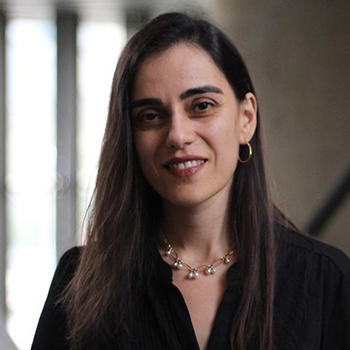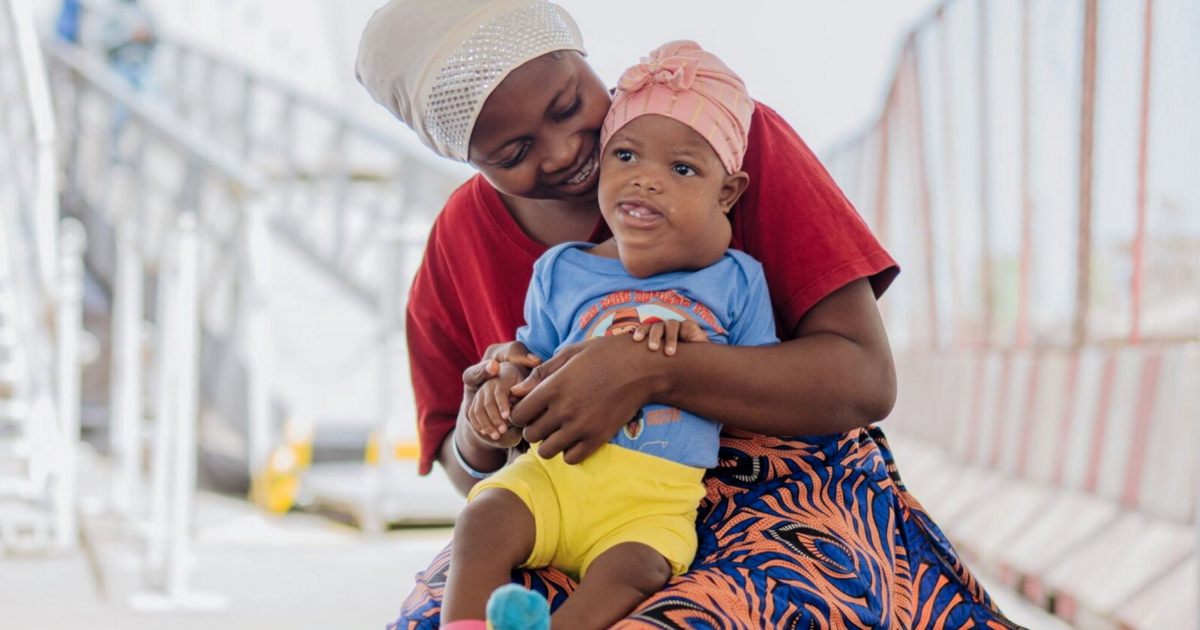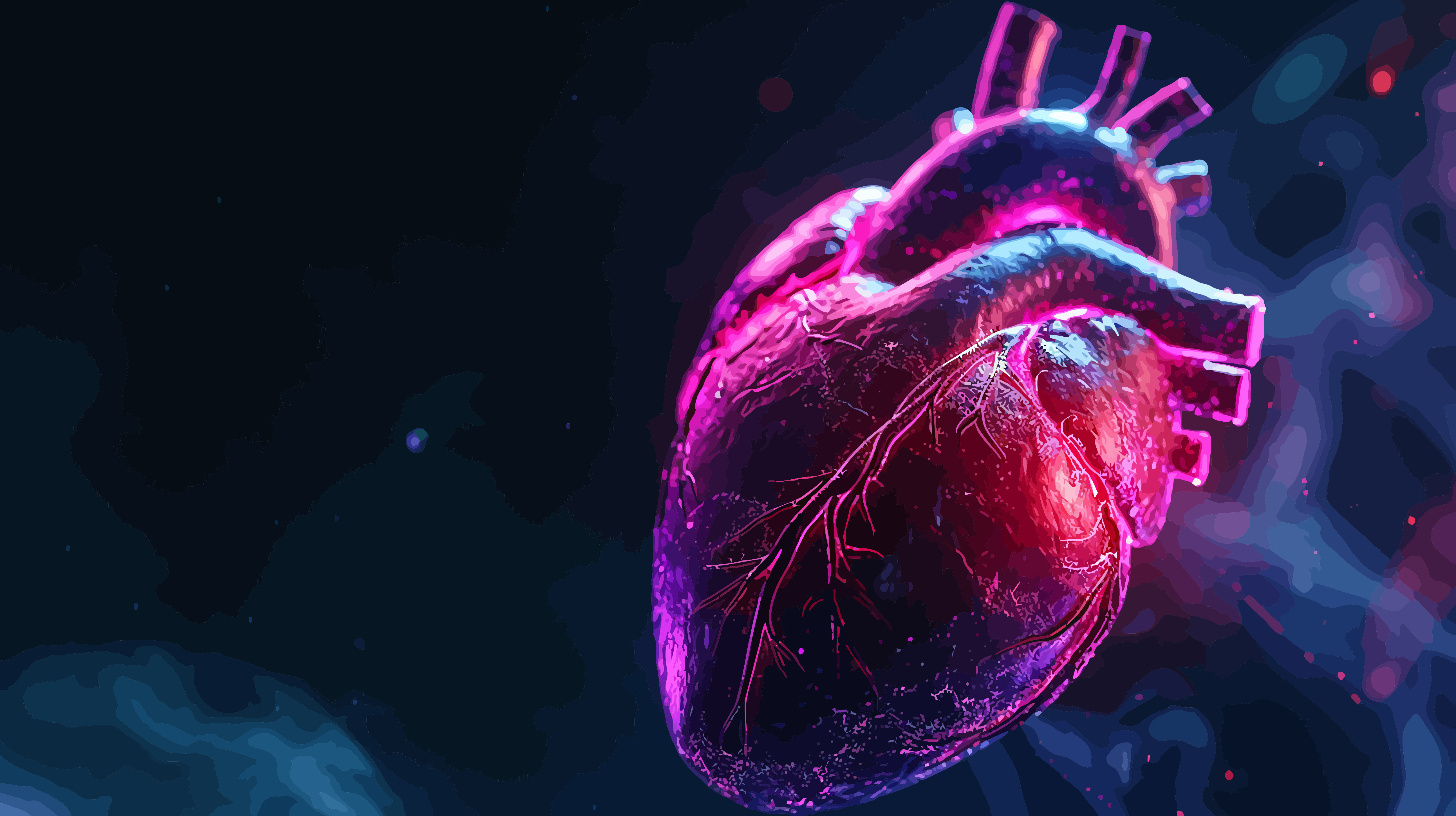Advancing Holistic Healthcare: Traditional, Complementary and Integrative

Everyone has a right to a healthy standard of living and access to quality healthcare services – as outlined in Article 25 of the UN Declaration of Human Rights.
But in 2021, an estimated 4.5 billion people—over half of the world’s population—struggled to access essential health services and care. This global challenge requires not just more support from governments but a paradigm shift in healthcare.

Carleton University assistant professor Nadine Ijaz
Nadine Ijaz, an assistant professor in Carleton University’s Department of Law & Legal Studies, is helping facilitate this shift with important research in the field of traditional, complementary and integrative medicine (TCIM).
“A mix of Western-based healthcare, traditional medicine and more recent complementary therapeutics is more common than most people realize,” explains Ijaz, Director of Carleton’s TCIM lab.
“Over half of Canadians and a third of Americans use therapeutic approaches that are not fully accepted in mainstream healthcare—things like nutritional supplements, meditation, music therapy, resilience training and much more.”
Cultural Importance of Integrative Medicine
Integrative medicine combines conventional Western ‘biomedicine’ – a branch of medical science that focuses on applying biological and physiological principles to clinical practice – with a range of non-biomedical, evidence-informed approaches to healthcare. These include Indigenous traditional medicine approaches, traditional Chinese medicine and Ayurvedic medicine—as well as practices like acupuncture, herbal medicine, massage therapy and reiki.
While not generally taught at medical schools, many non-biomedical therapeutic approaches are culturally important and offer holistic pathways to health and wellness that go well beyond the treatment of symptoms.

Photo by Ekaterina Fedulyeva / iStock
“Science is always defined by the culture and histories that surround it,” says Ijaz.
“What we call Western medicine is not universal. It’s a relatively new therapeutic system that was born in 17th-century Europe and it’s just another way of knowing about health.”
Throughout her career, Ijaz has studied nutrition, shiatsu therapy, traditional Chinese medicine, and earned an MSc in Herbal Medicine. Over 15 years, she practiced as a shiatsu therapist and medical herbalist, and taught at professional schools of holistic nutrition, herbal medicine and East Asian medicine. Eventually, she decided to move beyond helping individuals and work on the conditions that help healthcare professionals continue to practice and to thrive.
“I felt I had got as far as I could within the field itself, as a clinician and as an educator, and I wondered whether by taking the research angle I could move the needle on a larger scale.”
Ijaz joined Carleton in 2021 and where she founded the TCIM Lab. Through interdisciplinary and inter-institution collaborations, the TCIM Lab’s work builds research capacity, and aims to inform policy at local and international levels.
link






